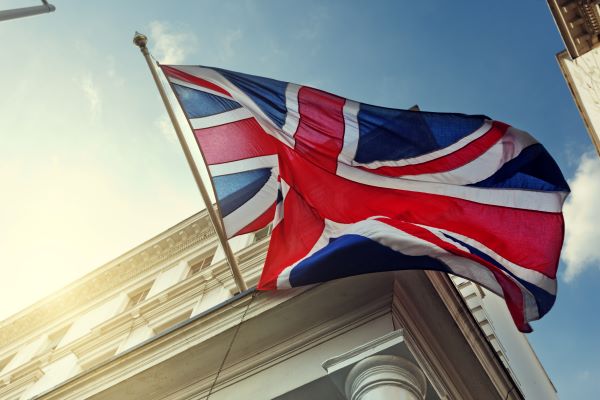
While much attention is on how goods will move across the UK’s borders post-transition in 2021, the government is also preparing rules to protect the flow of goods and services within UK territory.
In July, the government published its White Paper on the UK Internal Market, setting out options on managing the movement of goods and services in the UK’s internal market.
A cornerstone of the proposals will be how to continue fair competition and prevent discrimination between the different parts of the UK (England, Scotland, Wales, Northern Ireland).
Consulting IOE&IT members
A white paper is a key step in the road to formulating a new law. So, too, is consulting with affected and interested parties.
The government unit in charge of preparing the bill, BEIS (the Department for Business, Energy & Industrial Strategy), is asking members of the Institute of Export & International to input their views of the proposals.
“The rules supporting how goods and services continue to move freely around the UK after transition are vital to ensuring UK economic prosperity and the health of the nation,” said Marco Forgione, IOE&IT director general.
“We are hoping Institute members will answer this short survey and have their voices heard on this vital aspect of the UK post-transition.”
The deadline for responses has passed.
‘No barriers’
Two key principles could be enshrined in a new law governing the UK’s internal market.
Mutual recognition ensures that rules governing the production and sale of goods and services in one part of the UK are recognised in the other parts of the UK, and should present no barrier to the flow of goods and services between different regulatory systems.
Non-discrimination means that it is not possible for one regulatory regime to introduce rules that discriminate specifically against goods and services from another.
As well as prohibiting direct discrimination, the government is determined to stop indirect discrimination. An example of the latter is given as where Wales might specify that milk cannot be transported more than a certain distance. This would mean that most milk from England, Scotland and Northern Ireland could not be sold in Wales.



